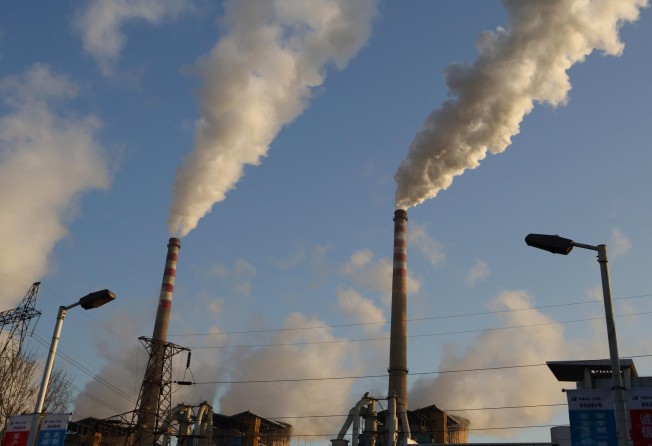
Beijing to wage broad smog fight

The central government will adopt a broad strategy to tackle China's environmental decline, including cutting emissions and relying more on renewable energy, but a green group said the announced measures didn't go far enough.

The country would limit coal use, increase its reliance on hydropower, start constructing new nuclear plants and develop deposits of natural gas, coal-bed methane and shale gas, Li told delegates to the National People's Congress, vowing to change "the way energy is consumed and produced".
The government set a target of reducing emissions that pollute the air and water by as much as 5 per cent this year, and cut energy consumption per unit of economic growth by 3.9 per cent.
The nation would also launch a comprehensive clean-water plan and programme to remove contaminates from the soil, Li said.
Although the leadership has stressed the importance of stronger action over pollution, government spending on environmental protection and energy conservation dropped by 9.7 per cent last year, to 180 billion yuan (HK$228 billion), compared with 2012. And only 86 per cent of the budget for last year was used, according to the Ministry of Finance.
Part of the reason less money was spent was due to the central government allowing a subsidy on energy-saving home appliances to expire last year, the ministry said. It called for spending to rise to 210 billion yuan this year.
But Ma Jun, the director of the Beijing-based Institute of Public and Environmental Affairs, said the government's investment fell short of what was needed to address the country's pollution woes.
Speaking on the sidelines of the congress meeting yesterday, Environment Minister Zhou Shengxian said the nation's smog was largely the result of local governments protecting polluting factories, local environment bureaus that did not take action and companies that emitted excessive pollution.
But he said progress was being made. He noted that recent pollution concentrations in the area covering Beijing, Hebei and Tianjin were lower than in January 2013.
"The public cannot feel such change, but it is happening … We need to be patient," he said.